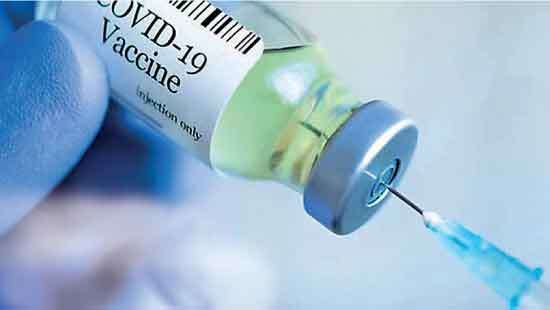Sri Lankan health authorities are urged to stay vigilant following a global study by the World Health Organization’s Global Vaccine Data Network, indicating potential rare occurrences of heart, brain, and blood disorders linked to certain Covid-19 vaccines such as Pfizer, Moderna, and AstraZeneca. While the study targeted 99 million vaccinated individuals across eight countries, the Sri Lankan medical fraternity emphasizes the need for local awareness and continuous monitoring, stressing the distinctiveness of Sri Lanka’s demographic and genetic factors.
In response to a comprehensive study conducted by the Global Vaccine Data Network, an arm of the World Health Organization (WHO), revealing potential rare side effects associated with Covid-19 vaccines from Pfizer, Moderna, and AstraZeneca, Sri Lankan medical professionals call for heightened vigilance. The study, the largest of its kind involving 99 million vaccinated individuals across eight countries, suggests links to heart, brain, and blood disorders.
Dr. Chamil Wijesinghe, the Media Spokesman for the Government Medical Officers’ Association (GMOA), emphasizes the importance of Sri Lanka remaining alert to the study’s findings. While acknowledging the need for vigilance, he underscores the unique context of Sri Lanka, including genetic patterns, and suggests a cautious approach in applying global study results directly to the local situation.
Dr. Wijesinghe highlights the absence of proven studies in Sri Lanka on Covid vaccine side effects and suggests the Health Ministry closely monitor the situation while considering the possibility of conducting a local survey. Sri Lanka’s Health Ministry asserts its commitment to vigilant monitoring, despite no proven studies within the country, emphasizing the importance of staying informed and addressing any potential side effects associated with Covid vaccines.


